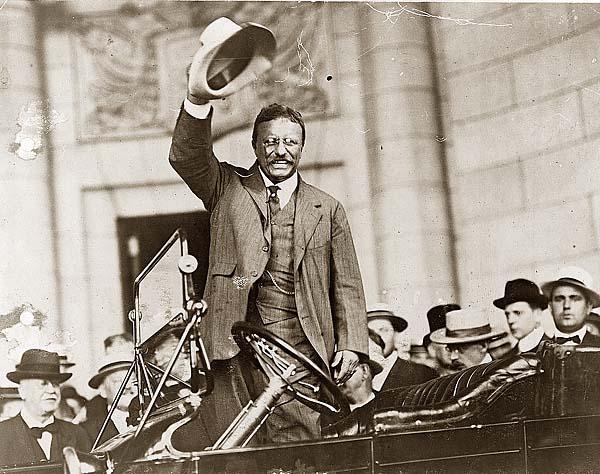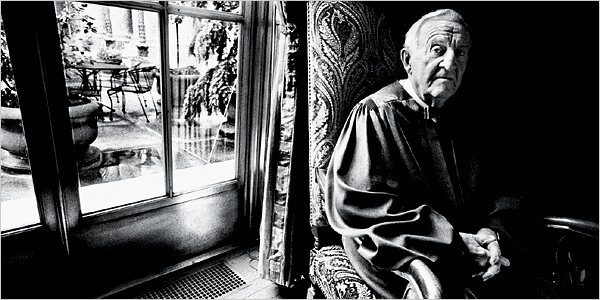At the time of America's founding there were very few organization which might be recognizable today as corporations. They were held in the deepest suspicion by the class of men who made up the Founding Fathers. Their right to exist, for limited times and specific purposes, was held to be entirely dependent on government sufferance, and wholly subservient to government regulation. They owed that sufferance only to the condition that they might promote the common welfare, in addition to the enrichment of the corporation's members.
The word “soulless” was commonly used in discussing corporations formed for profit, and Thomas Jefferson was concerned that corporations, if allowed to grow too wealthy and powerful, might subvert the Republic itself. (What a worry-wart!)
The idea that business corporations might, as entities, claim the right of free speech, comparable to that of individuals or the press, would have been as surreal to the men who framed our system of government as the idea that a herd of cows might claim the right of free speech. Cows were not thought of as human beings in the early days of this republic, and neither were state-chartered corporations.
The growing power of corporations in the American economy has resulted in a creeping diminution of views like Jefferson's. This was inevitable, but it still had a logic to it. It was recognized that corporations quite often contributed greatly to the common good, sometimes in spectacular ways. Their potential for ill was never lost sight of, though, and the government always retained its right to reign in the corporations when their wickedness grew too potent, or too blatant.

This was what underlay the Progressivism of Presidents like Teddy Roosevelt, at bottom a conservative Republican, who saw nothing un-American about restricting the right of corporations to contribute to election campaigns or otherwise seek to subvert popular government — that is, government by actual human beings.
All of that changed with the recent ruling by the Roberts Court, expressly granting the rights of an individual human being to any corporation. The “original intent” of the Founders and one hundred years of explicit legal precedent were simply thrown out the window.

All Americans need to read Justice John Paul Stevens's dissent against this disastrous ruling. It may be the last time we ever hear the voice of Jefferson, the voice of the Founders, on this issue. Barack Obama, who thought he could fight the corporations with attitude and supplication, is not going to be re-elected in 2012. His successor will be a Republican, who will in all likelihood appoint the next new Supreme Court Justices — and they will all be corporate lackeys.
Justice Stevens's is a voice crying out in the wilderness, and it may have come too late, but as an American, I'm proud that it came at all. It is a voice from the depths of all that was good and reasonable and humane in this country.
